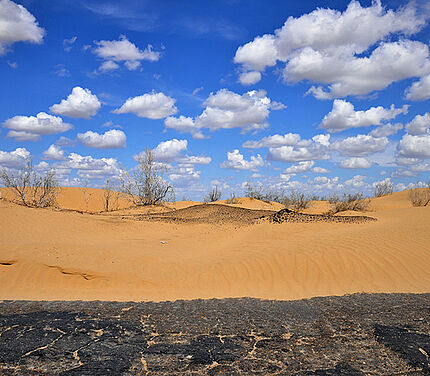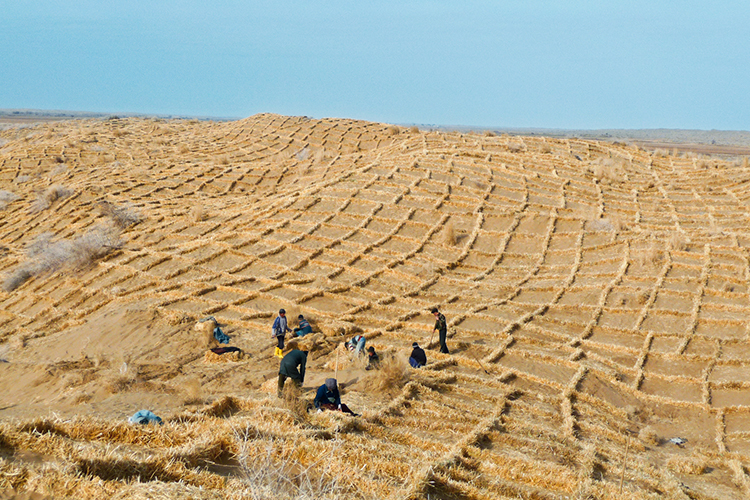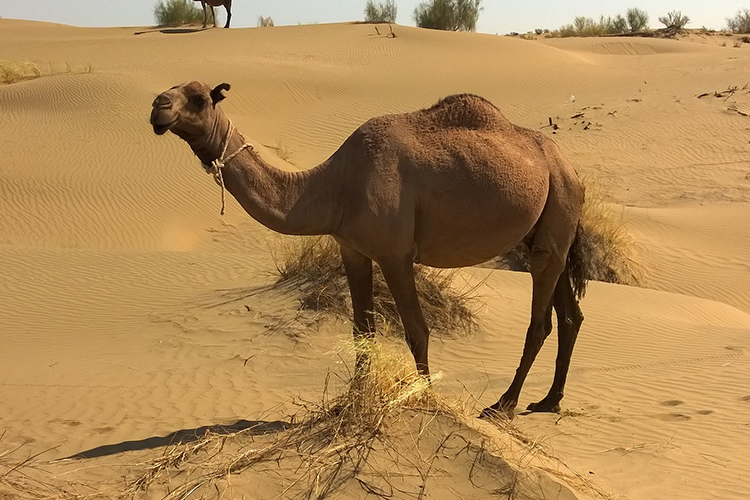ASIA
Turkmenistan
Area: 488,100 km²
Geography: Turkmenistan is the second largest country in Central Asia. It is characterized by plains and valleys, with mountains only occurring around national boundaries. The climate is sharply continental, mostly arid. Temperatures can fluctuate dramatically and precipitation averages in the range 76 mm to 380 mm. Lowland pastures occupy most of the territory, traditionally providing services to rural communities. (ELD, 2016)
Land Degradation: Excessive herds on pastures lead to over-grazing stripping the land of its vegetative cover and results in erosion of topsoil. This is aggravated by deforestation as well as mechanized destruction during engineering and construction works. Around 70% of all pastures show various levels of degradation, while more than 96% of the country’s irrigated areas are subject to salinization. (ELD, 2016)
Sustainable Land Management: With cost-effective sustainable land management practices land value could reach as high as USD 64 per hectare that include seasonal grazing, vegetative rehabilitation, and water systems for livestock. This would allow investments to be recovered in three years. This is equal to a net present value of USD 440 million in the study sites after eight years of implementation. (ELD, 2016)

ELD ACTIVITIES

-
Policy Brief (2016)
Title: Rehabilitating pasturelands and undertaking sustainable land management in deserts across Turkmenistan brings both economic and environmental benefits.
Authors: Nepesov M. & Mamedov E. with support from the ELD Initiative and CGIAR
Scope and findings: This study aimed to assess the change to and the current status of fodder productivity as an indicator of the degree of land degradation in the pastures of Turkmenistan, as well as conduct an economic analysis of the current scenario of land management practices, and evaluate alternative sustainable land management scenarios. Investing into affordable sustainable land management practices shows both economic and environmental benefits, through the provision of increased fodder to meet growing livestock demands, without degrading the land or reducing productivity.

CONTACT
ELD Secretariat
E-Mail: info@eld-initiative.org
